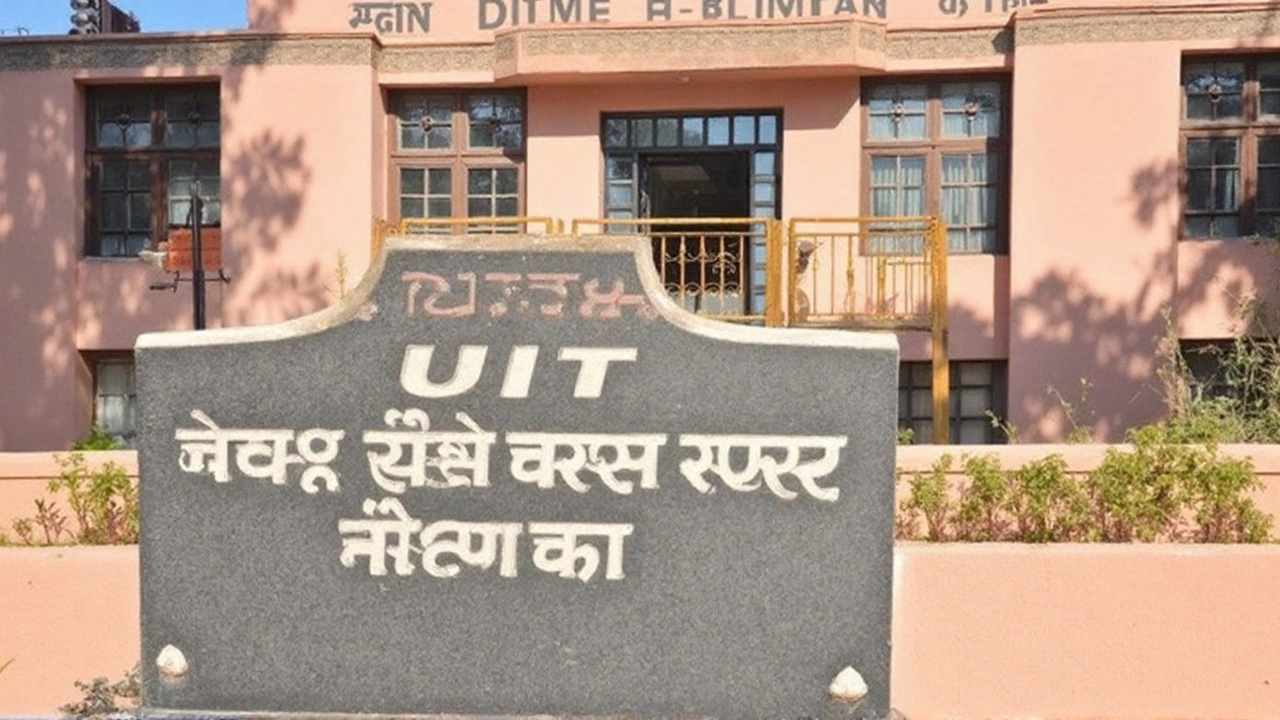Public Administration – News, Insights & Real‑World Examples
When you hear "public administration," you probably think of boring paperwork. In reality, it’s the engine that keeps our schools, roads, and services running. From the way a city rolls out a new recycling program to how a state awards liquor licences, the decisions made behind the scenes affect everyday life. This page pulls together the most useful stories, practical tips, and clear explanations so you can see what’s really happening in government offices.
Why Public Administration Matters
Good administration means fair rules, quick services, and less waste. Imagine applying for a building permit and getting a response in days instead of months—that’s the result of streamlined processes. On the flip side, a slow, unclear system can breed frustration and even corruption. That’s why citizens, businesses, and officials all care about how policies are put into action.
Keeping up with administrative trends helps you spot opportunities. If a new digital platform makes license renewals easier, businesses can save time and money. If a city launches open‑data portals, researchers get fresh material to improve urban planning. In short, staying informed lets you adapt quickly and maybe even influence future changes.
Featured Case: Simdega Liquor Shop Lottery
One standout example of transparent administration comes from Simdega district, India. On August 22, 2025, the local government ran a fully open lottery to allocate 1,343 retail excise liquor shops. Every one of the 560 shop groups submitted applications, and the results were posted publicly by August 31 under the watch of the Superintendent of Excise.
Why does this matter? First, the process eliminated favoritism. By using a random draw that anyone could verify, the administration showed that licenses weren’t being handed out to insiders. Second, the public posting meant journalists, competitors, and ordinary citizens could see exactly how the winners were chosen. The result was a boost in confidence that the system was fair.
If you’re a business owner, the takeaway is simple: look for transparent procedures and keep records of every step. If a government agency announces a lottery or an online application portal, treat it as a chance to compete on equal footing. And if you’re a policy maker, the Simdega example proves that openness can turn a routine licensing task into a trust‑building exercise.
Beyond Simdega, similar moves are happening elsewhere. Cities are publishing procurement data, states are using e‑tender platforms, and many agencies are adopting “one‑stop” service centers to reduce paperwork. All of these steps aim to make the system clearer, faster, and more accountable.
So, what can you do right now? Start by checking if the agencies you interact with have online dashboards or public reports. Subscribe to newsletters that highlight administrative reforms. And whenever you see a new process—like an online lottery—take a moment to understand the rules. Knowing the basics helps you avoid surprises and maybe even spot a win.
Public administration may not make the headlines every day, but it shapes the world you live in. By watching case studies like Simdega’s liquor shop lottery, you get a front‑row seat to how transparency and good planning can improve services for everyone. Keep coming back for more updates, real‑world examples, and easy‑to‑follow advice on how government works for you.
Simdega Liquor Shop Lottery Shows Transparent Allocation
The Simdega district administration ran a fully transparent lottery on Aug 22 2025 to allocate 1,343 retail excise liquor shops. All 560 shop groups received applications, and results were posted by Aug 31 2025 under the watch of the Superintendent of Excise. The process aimed to curb favoritism and ensure equal opportunity. Winners must complete documentation to obtain licenses. Official channels publicly shared the outcomes.
